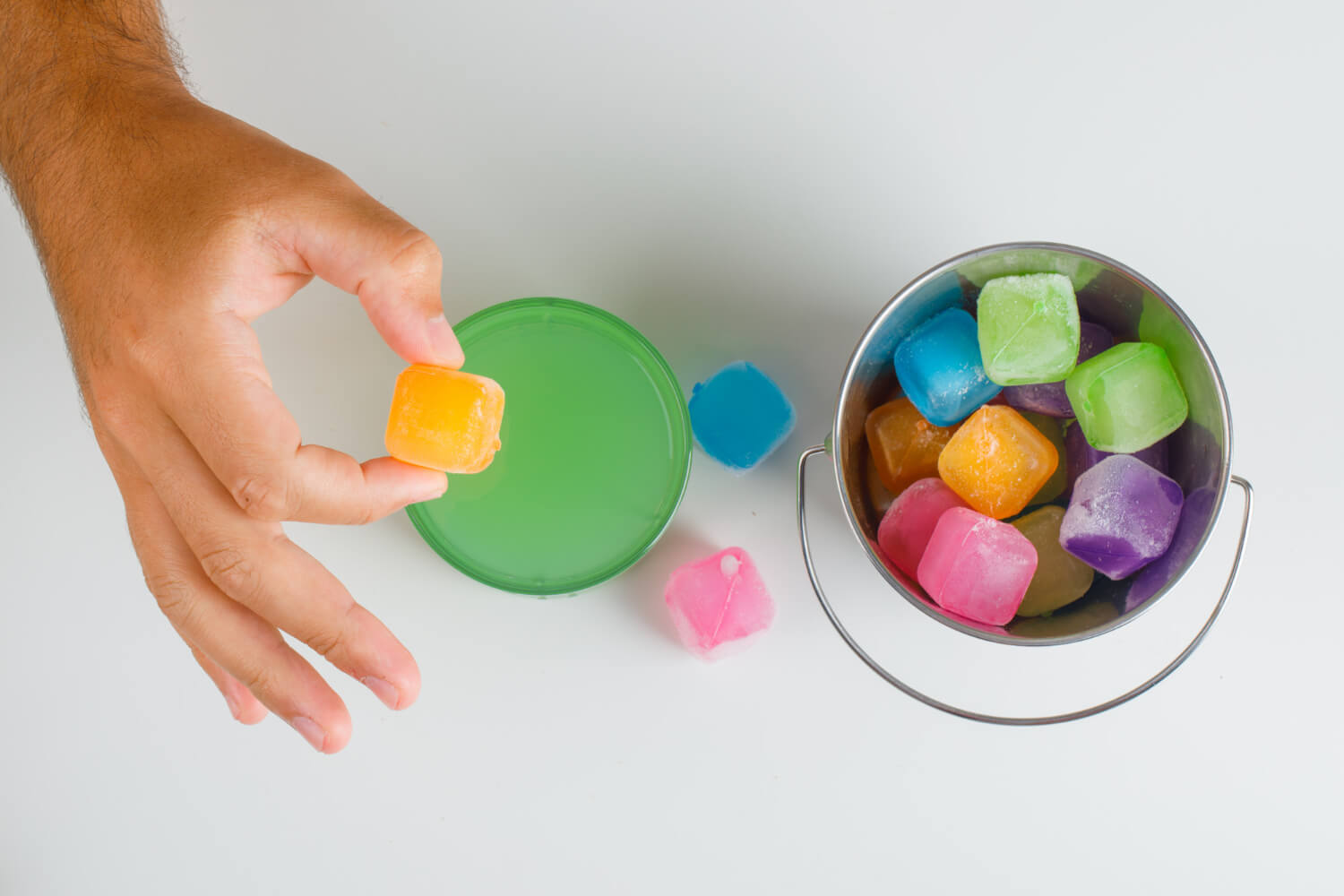Rosa’s stuck in the middle of a family health war.
Her grandmother swears by this bitter tea made from some plant she grows in her backyard. Says it’ll cure everything from headaches to heartbreak. Meanwhile, Rosa’s mom just pops Advil and tells her daughter to stop listening to “that old nonsense.”
Rosa gets a cold, and guess what happens? Grandma shows up with the mystery tea. Mom brings DayQuil. Both of them give her the stink eye if she picks the other option.
Sound familiar? Lots of people get caught between old-school family remedies and whatever WebMD suggests. It’s not just about what works – it’s about loyalty, respect, and not pissing off the people who raised you.
Look at people seeking native cigarettes Canada. Sure, health concerns matter. But so does connecting with heritage and tradition. These aren’t simple decisions about what’s “healthiest” on paper.
1. When Grandma’s Advice Crashes Into Google
Every family’s got health wisdom passed down through generations. Some of it works great. Some of it… doesn’t.
Rosa’s tea situation is classic. Her grandmother probably learned that recipe from her grandmother, who learned it from someone else, going back decades. Maybe it actually helps with certain things. Maybe it’s just warm liquid that makes sick people feel cared for.
The tricky part? You can’t just dismiss everything as “old wives’ tales” because some traditional stuff actually works better than modern alternatives. But you also can’t assume everything your great-aunt swears by is automatically good for you.
Sometimes you need to be a detective about your own family’s health traditions.
2. Your People Affect Your Health Way More Than You Think
Individual wellness plans sound great in theory, but they ignore something huge – humans are social creatures who get motivated by other people.
Rosa’s cousin joined a gym and quit after two months because she felt awkward and out of place. But she’s been dancing at family parties her whole life and could go for hours. That’s exercise too, but she never thought of it that way because it was just “family stuff.”
Cultural health approaches usually involve other people. Cooking together, walking with neighbors, sharing remedies, complaining about aches and pains with your friends. All that social connection actually makes you healthier, even if it’s not on anyone’s official wellness checklist.
3. Making Old Stuff Work in New Lives
The lifestyles of the majority of people today differ from those for which traditional health procedures were intended.
Growing the plant, harvesting it at the appropriate time, drying it properly, and brewing it exactly so are all part of Rosa’s grandmother’s tea routine. It takes ages and needs a backyard.
Rosa works fifty hours a week and lives in an apartment without an outside area. She is unable to replicate her grandmother’s complete procedure exactly.
However, she can make it the way her grandmother taught her by purchasing the dry version online. Different approach, same outcome. When her grandmother saw that Rosa was still upholding the custom while simply tailoring it to her own situation, she changed her mind.
Understanding your family’s motivations is more important than simply replicating their methods.
The Real Story
Whether you are aware of it or not, culture influences health decisions. When it comes to taking care of oneself, your family’s views on nutrition, exercise, health care, and mental health all have an impact on your actions.
Rebelling against all your family taught you or mindlessly adhering to customs that no longer make sense is not the aim. It involves determining which cultural health practices are beneficial to your life and which ones require modernization.
Rather than choosing one or the other, the ideal strategy sometimes blends fresh and old information.


